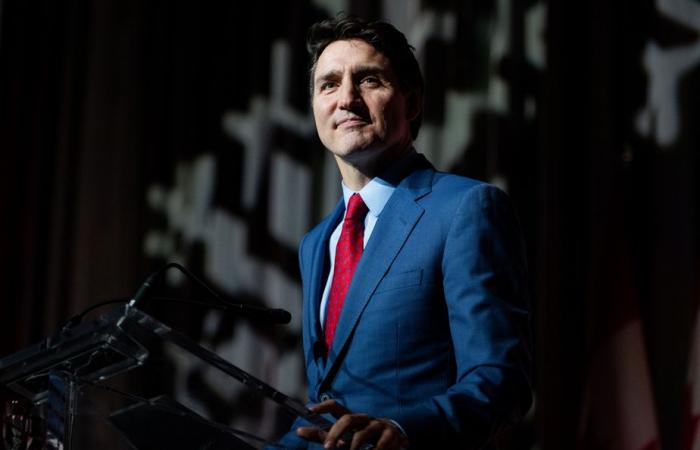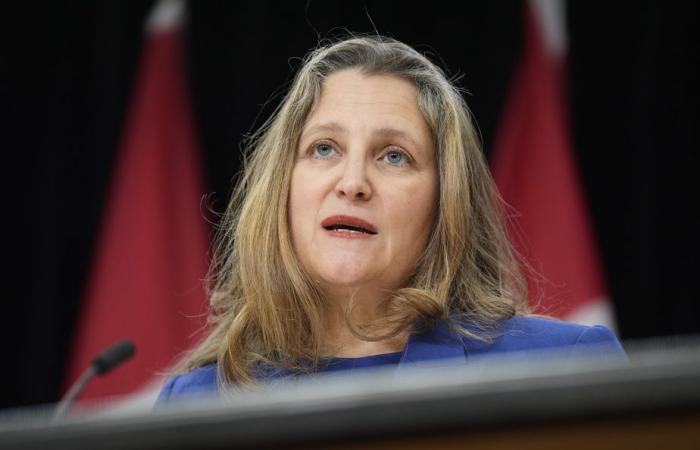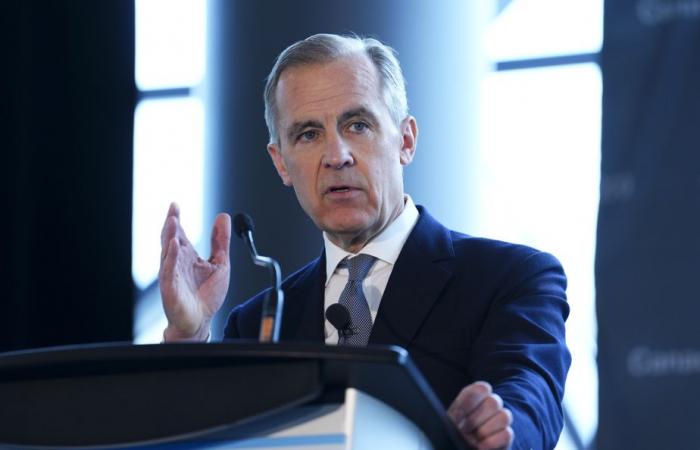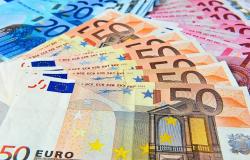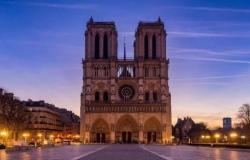(Ottawa) After trying and causing the resignation of his Minister of Finance, Prime Minister Justin Trudeau will reshuffle his cabinet on Friday. And former Bank of Canada Governor Mark Carney will not be among the new ministers.
Posted at 11:59 a.m.
Updated at 6:16 p.m.
Changes to the ministerial team have been necessary for a while: several ministers have announced in recent weeks that they will not run again in the next electoral campaign, while others have resigned.
This game of musical chairs comes as rumors about Justin Trudeau’s political future have been flying in all directions since his Finance Minister and Deputy Prime Minister, Chrystia Freeland, announced her resignation on Monday.
PHOTO ADRIAN WYLD, CANADIAN PRESS ARCHIVES
Chrystia Freeland
Minister Dominic LeBlanc inherited the Finance portfolio the same day. He should be relieved of his role as Minister of Public Safety, for the benefit of David McGuinty, CBC/- reported Thursday.
A long-time MP from the Ottawa region, Mr. McGuinty was at the helm of the Committee of Parliamentarians on National Security and Intelligence. He would be joined in the cabinet by Nathaniel Erskine-Smith, a free electron to whom the Prime Minister would have entrusted the Ministry of Housing, according to some media.
Everything indicates that big names like Mélanie Joly, at Foreign Affairs, as well as Marc Miller, at Immigration, will not change portfolios. The name of their Montreal colleague Rachel Bendayan, who was parliamentary secretary to Chrystia Freeland, is circulating behind the scenes.
Justin Trudeau’s options are not unlimited: once the names of ministers in office or about to leave and the names of those who have publicly called for his resignation are subtracted from the list of 153 current Liberal elected officials, he has not a plethora of avenues to explore.
“The deck of cards is quite thin,” summarizes Stéphanie Chouinard, associate professor of political science at the Royal Military College of Canada. The possibilities of changing places for the big players remain quite minimal. »
And this reshuffle which is taking place in Ottawa less than a week before Christmas, “by necessity, to ensure the proper functioning of the government”, will not change anything about the basic problem, namely “the unpopularity intrinsically linked to the figure of the Prime Minister,” she believes.
Friday’s reshuffle could allow people like former Ontario Finance Minister Charles Sousa to gain ground, people whisper behind the scenes. We also hear the name of Terry Duguid, from Manitoba, who is co-chair of the national Liberal campaign.
Reshuffle in the middle of a storm
In all, nine ministers have either indicated their intention not to run for re-election in 2025, or resigned.
Ministers Sean Fraser (Housing), Marie-Claude Bibeau (National Revenue), Dan Vandal (Northern Affairs), Carla Qualtrough (Sports and Physical Activity) and Filomena Tassi (Federal Economic Development Agency for Southern Ontario) announced that they would not seek re-election.
Added to these announced departures are the resignations of ministers Seamus O’Regan, Pablo Rodriguez, and Randy Boissonnault. The first left for personal reasons, the second to enter the race for the leadership of the Liberal Party in Quebec and the last for having falsely claimed to have indigenous roots.
The most recent resignation, that of former Finance Minister Chrystia Freeland, is the one that caused the most uproar. She caused an unprecedented crisis for Prime Minister Trudeau, who had tried in vain to replace her with the former governor of the Bank of Canada, Mark Carney.
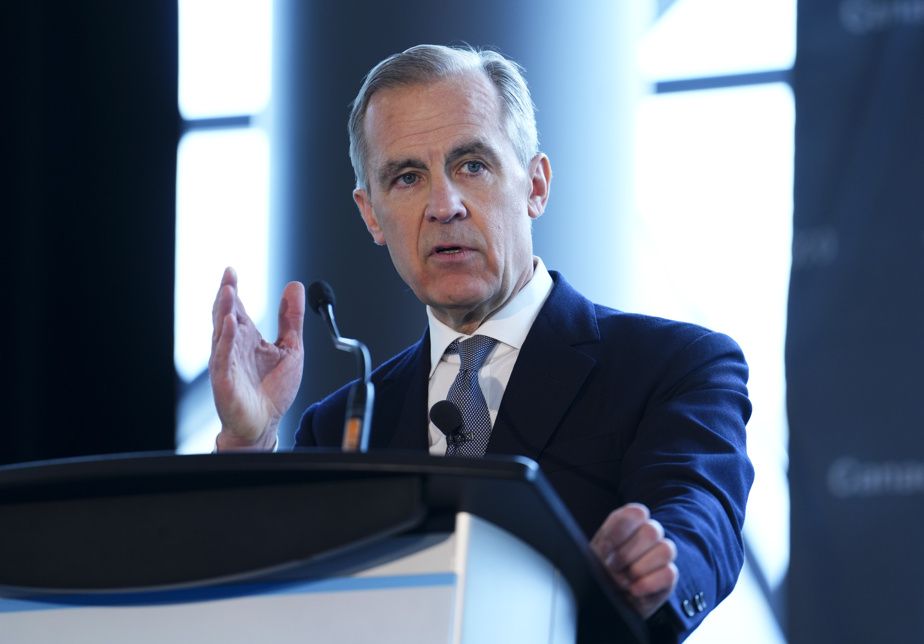
PHOTO SEAN KILPATRICK, CANADIAN PRESS ARCHIVES
Mark Carney
The one everyone talks about on the hill, but who remains silent, will not become a minister. At least that’s what Dominic LeBlanc said Wednesday in an interview with the New Brunswick daily Telegraph Journal.
Since the resounding resignation of Chrystia Freeland on Monday, the list of Liberal MPs who are publicly demanding the resignation of Justin Trudeau has continued to grow. Faced with growing discontent, the Prime Minister has decided to weigh his options. So far, he has given few clues about his intentions.
He has not spoken publicly since this disavowal, except for two speeches delivered Monday and Tuesday. But in recent days, Justin Trudeau has spent many hours on the phone, confiding in ministers that he was thinking about his future and the dramatic events that have occurred since Monday.
In principle, the next election must take place no later than October 2025.
But Justin Trudeau heads a fragile minority government in the House of Commons, and Canadians could be called to the polls sooner if the NDP decides to participate in the efforts of the Conservative Party and the Bloc Québécois to bring about the fall of the government.

